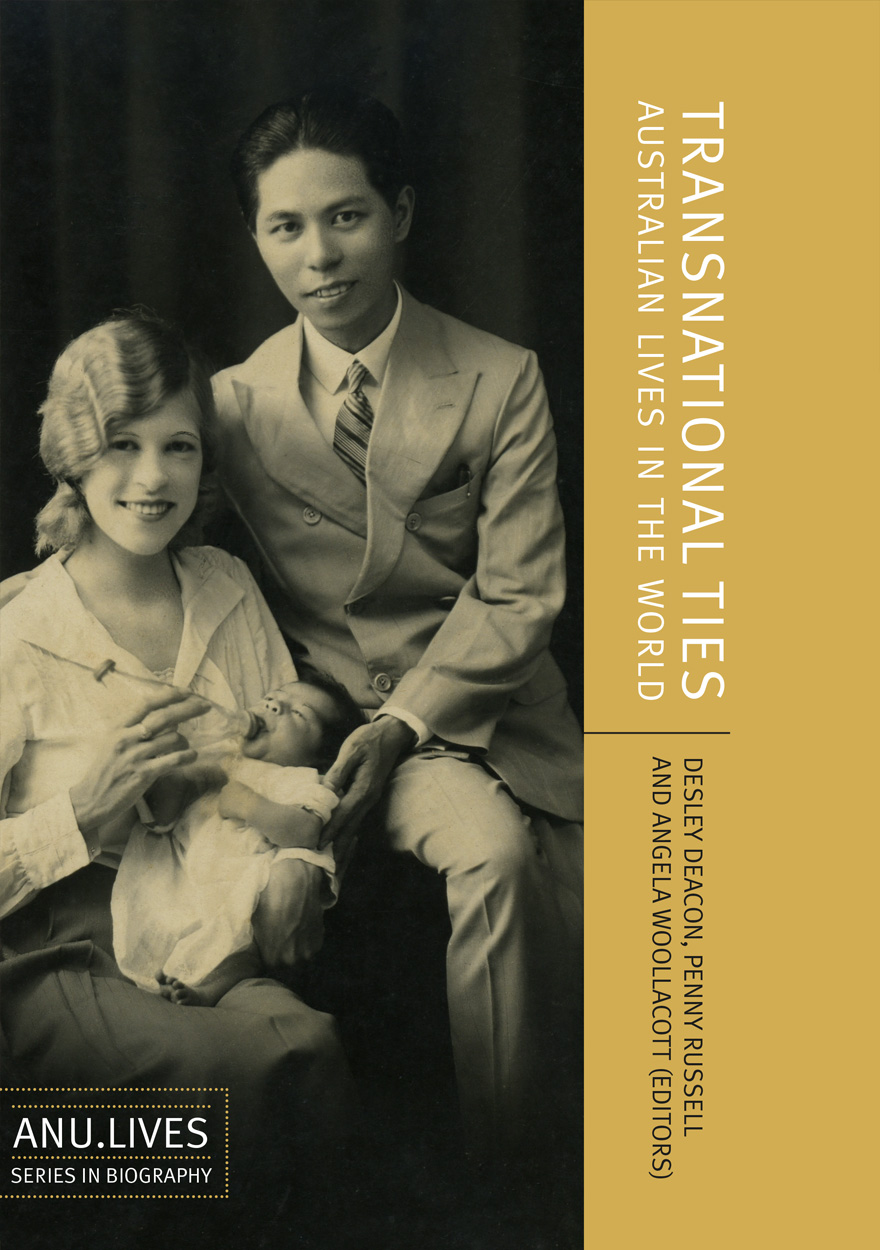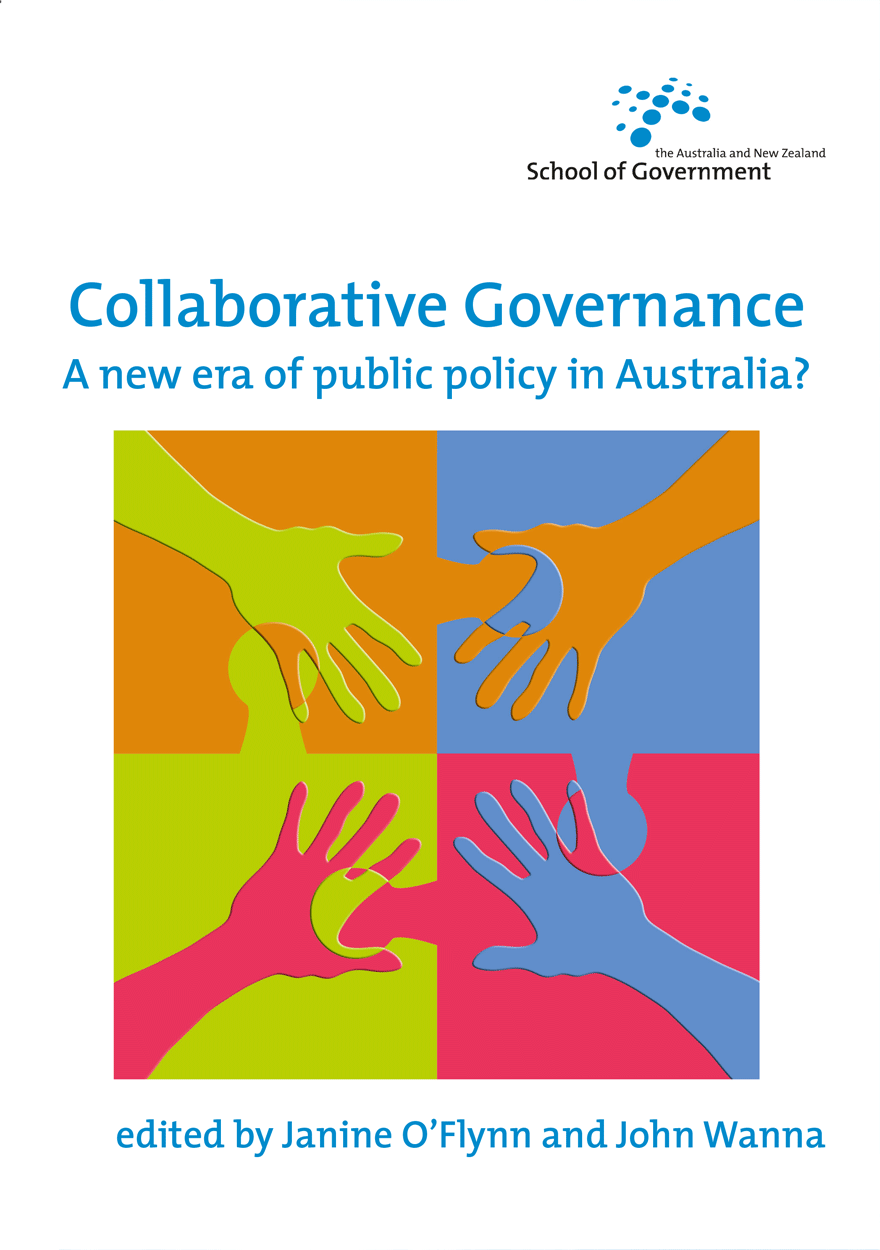Search titles
Displaying results 21 to 30 of 32.

Conquering the Highlands »
A history of the afforestation of the Scottish uplands
Authored by: Jan Oosthoek
Publication date: February 2013
Deforestation of Scotland began millennia ago and by the early 20th century woodland cover was down to about 6 per cent of the total land area. A century later woodland cover had tripled. Most of the newly established forestry plantations were created on elevated land with wet peaty soils and high wind exposure, not exactly the condition in which forests naturally thrive. Jan Oosthoek tells in this book the story of how 20th century foresters devised ways to successfully reforest the poor Scottish uplands, land that was regarded as unplantable, to fulfil the mandate they had received from the Government and wider society to create a timber reserve. He raises the question whether the adopted forestry practice was the only viable means to create forests in the Scottish Highlands by examining debates within the forestry community about the appearance of the forests and their longterm ecological prospects. Finally, the book argues that the long held ecological convictions among foresters and pressure from environmentalists came together in the late 20th century to create more environmentally sensitive forestry.

Sex Discrimination in Uncertain Times »
Edited by: Margaret Thornton
Publication date: September 2010
This collection of essays arose from a conference held to mark the silver anniversary of the Australian Sex Discrimination Act (1984). The collection has two aims: first; to honour the contributions of both the spirited individuals who valiantly fought for the enactment of the legislation against the odds, and those who championed the new law once it was passed; secondly, to present a stock-take of the Act within the changed socio-political environment of the 21st century.
The contributors present clear-eyed appraisals of the legislation, in addition to considering new forms of legal regulation, such as Equality Act, and the significance of a Human Rights Act. The introduction of a proactive model, which would impose positive duties on organisations, is explored as an alternative to the existing individual complaint-based model of legislation. The contributors also pay attention to the international human rights framework, particularly the Convention on the Elimination of all Forms of Discrimination against Women and the UN Declaration on the Rights of Indigenous People. The essays are illuminated by recourse to a rich vein of historical and contemporary literature. Regard is also paid to the comparative experience of other jurisdictions, particularly the UK and Canada.

Agenda - A Journal of Policy Analysis and Reform: Volume 17, Number 1, 2010 »
Edited by: William Coleman
Publication date: July 2010
Agenda is a refereed, ECONLIT-indexed and RePEc-listed journal of the College of Business and Economics, The Australian National University. Launched in 1994, Agenda provides a forum for debate on public policy, mainly (but not exclusively) in Australia and New Zealand. It deals largely with economic issues but gives space to social and legal policy and also to the moral and philosophical foundations and implications of policy.
Subscribe to the Agenda Alerting service if you wish to be advised on forthcoming or new issues.
Download for free
Not available for purchase

Transnational Ties »
Australian Lives in the World
Edited by: Desley Deacon, Penny Russell, Angela Woollacott
Publication date: December 2008
Australian lives are intricately enmeshed with the world, bound by ties of allegiance and affinity, intellect and imagination. In Transnational Ties: Australian Lives in the World, an eclectic mix of scholars—historians, literary critics, and museologists—trace the flow of people that helped shape Australia’s distinctive character and the flow of ideas that connected Australians to a global community of thought. It shows how biography, and the study of life stories, can contribute greatly to our understanding of such patterns of connection and explores how transnationalism can test biography’s limits as an intellectual, professional and commercial practice.

Collaborative Governance »
A new era of public policy in Australia?
Edited by: Janine O'Flynn, John Wanna
Publication date: December 2008
Collaboration has emerged as a central concept in public policy circles in Australia and a panacea to the complex challenges facing Australia. But is this really the cure-all it seems to be? In this edited collection we present scholarly and practitioner perspectives on the drivers, challenges, prospects and promise of collaboration. The papers, first presented at the 2007 ANZSOG Conference, draw on the extensive experience of the contributors in either trying to enact collaboration, or studying the processes of this phenomenon. Together the collection provides important insights into the potential of collaboration, but also the fiercely stubborn barriers to adopting more collaborative approaches to policy and implementation.
The collection includes chapter from public servants, third sector managers, and both Australian and international academics which together make it a stimulating read for those working with or within government. It adds considerably to the debate about how to address current challenges of public policy and provides a significant resource for those interested in the realities of collaborative governance.

Remembering Hedley »
Edited by: Coral Bell, Meredith Thatcher
Publication date: August 2008
Remembering Hedley commemorates the life of Hedley Bull (1932–85), a pivotal figure in the fields of international relations and strategic studies. Its publication coincides with the official opening on 6 August 2008 of the Hedley Bull Centre at The Australian National University in Canberra.

Fresh Perspectives on the "War on Terror" »
Edited by: Miriam Gani, Penelope Mathew
Publication date: July 2008
On 20 September 2001, in an address to a Joint Session of Congress and the American people, President George W Bush declared a ‘war on terror’. The concept of the ‘war on terror’ has proven to be both an attractive and a potent rhetorical device. It has been adopted and elaborated upon by political leaders around the world, particularly in the context of military action in Afghanistan and Iraq. But use of the rhetoric has not been confined to the military context. The ‘war on terror’ is a domestic one, also, and the phrase has been used to account for broad criminal legislation, sweeping agency powers and potential human rights abuses throughout much of the world.
This collection seeks both to draw on and to engage critically with the metaphor of war in the context of terrorism. It brings together a group of experts from Australia, Canada, the United Kingdom, France and Germany who write about terrorism from a variety of disciplinary perspectives including international law and international relations, public and constitutional law, criminal law and criminology, legal theory, and psychology and law.

A Time Bomb Lies Buried »
Fiji’s Road to Independence, 1960-1970
Authored by: Brij V. Lal
Publication date: March 2008
A Time Bomb Lies Buried discusses the debates which took place in Suva and London as well as the politics and processes which led Fiji to independence in 1970 after 96 years of colonial rule. It provides an essential background to understanding the crises and convulsions which have haunted Fiji ever since in its search for a constitutional settlement for its multiethnic population.

Public Sector Employment in the Twenty-First Century »
Edited by: Marilyn Pittard, Phillipa Weeks
Publication date: November 2007
This book addresses the transformations which have occurred in employment arrangements and practices in the Australian public sector over the past decade and the changes in responsibilities and accountability through employment contracts, whistleblower legislation and partnerships between government and the private sector. It provides a comparative context through studies of reconstruction of the public service in the United Kingdom and New Zealand. Themes of contractualisation, privatisation and outsourcing are explored and critically examined, as well as influences of the industrial relations legislative framework including the Work Choices legislation.

Arndt's Story »
The life of an Australian economist
Authored by: Peter Coleman, Selwyn Cornish, Peter Drake
Publication date: March 2007
‘H.W. Arndt has been Australia’s leading scholar of Asian economic development for over thirty years’
- Former World Bank President James D Wolfensohn.
The year of Heinz Wolfgang Arndt’s birth, 1915, was not a good time for a German boy to be born. His country was soon to be defeated in a great war, his school years were shadowed by the rise of Hitler. Yet when Heinz’s long-buried Jewish background led his academic father to lose his chair in chemistry and flee to Oxford, Heinz followed. As Heinz put it, the calamity of Hitler’s rise to power led him to ‘the incredible good fortune of an Oxford education and a life spent in England and Australia.’
This was a man of inexhaustible energy and optimism, who returned from months behind barbed wire interned in Canada to write a historical classic—The Economic Lessons of the Nineteen-Thirties. He seized the opportunity of an unexpected job offer to set off with his young family for Sydney where he quickly established himself as a leading authority on the Australian banking system, embarked on his fifty year career as a gifted university teacher and enjoyed the first of many vigorous forays as a public intellectual.
But it was at ANU that Heinz took the bold step which led him to become the Grand Old Man of Asian Economics. In 1966, just after the Sukarno coup and the year of living dangerously, he determined the time had come to study the Indonesian economy. It took all his charm, persistence and formidable intellect to persuade the Indonesians to open their doors to him. The result was a world-leading centre of Indonesian economics which greatly contributed to the development of modern Indonesia.



